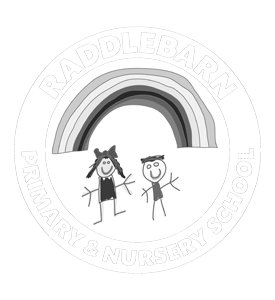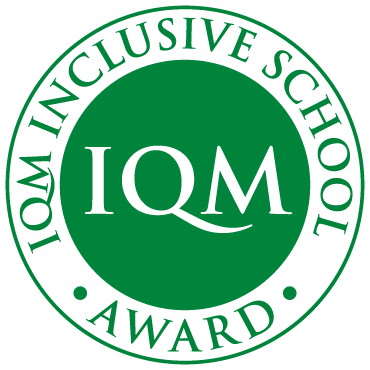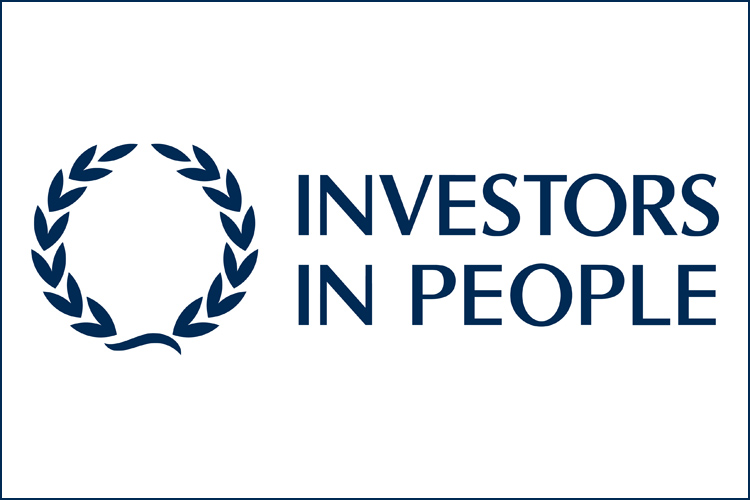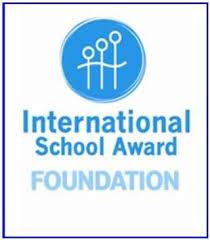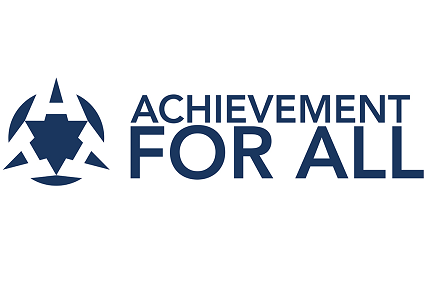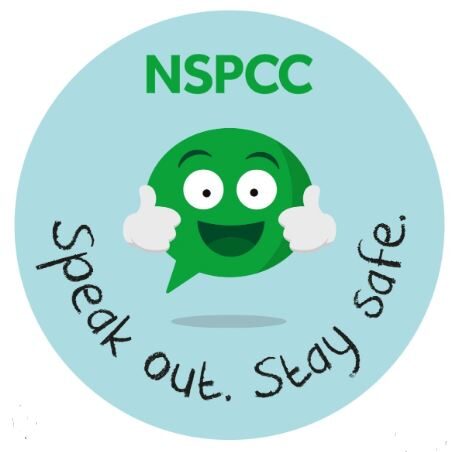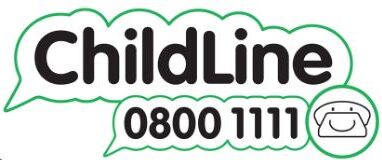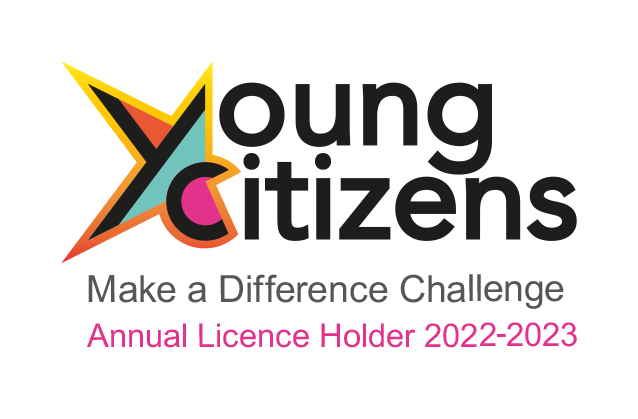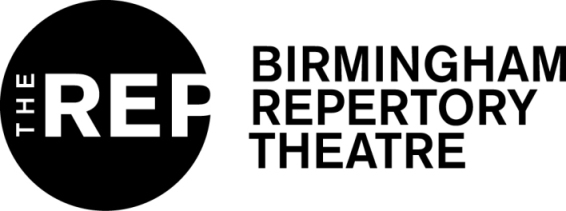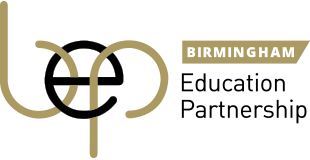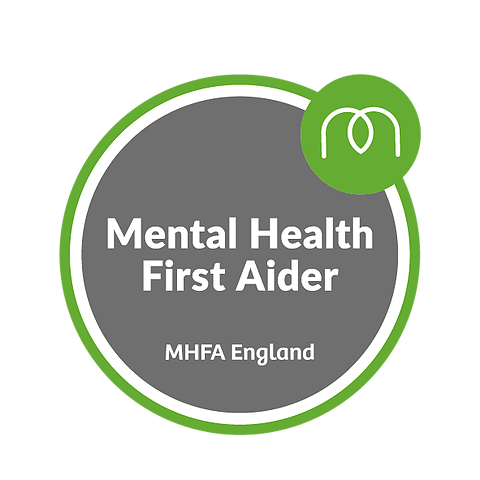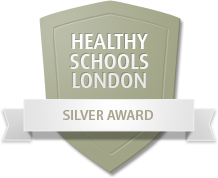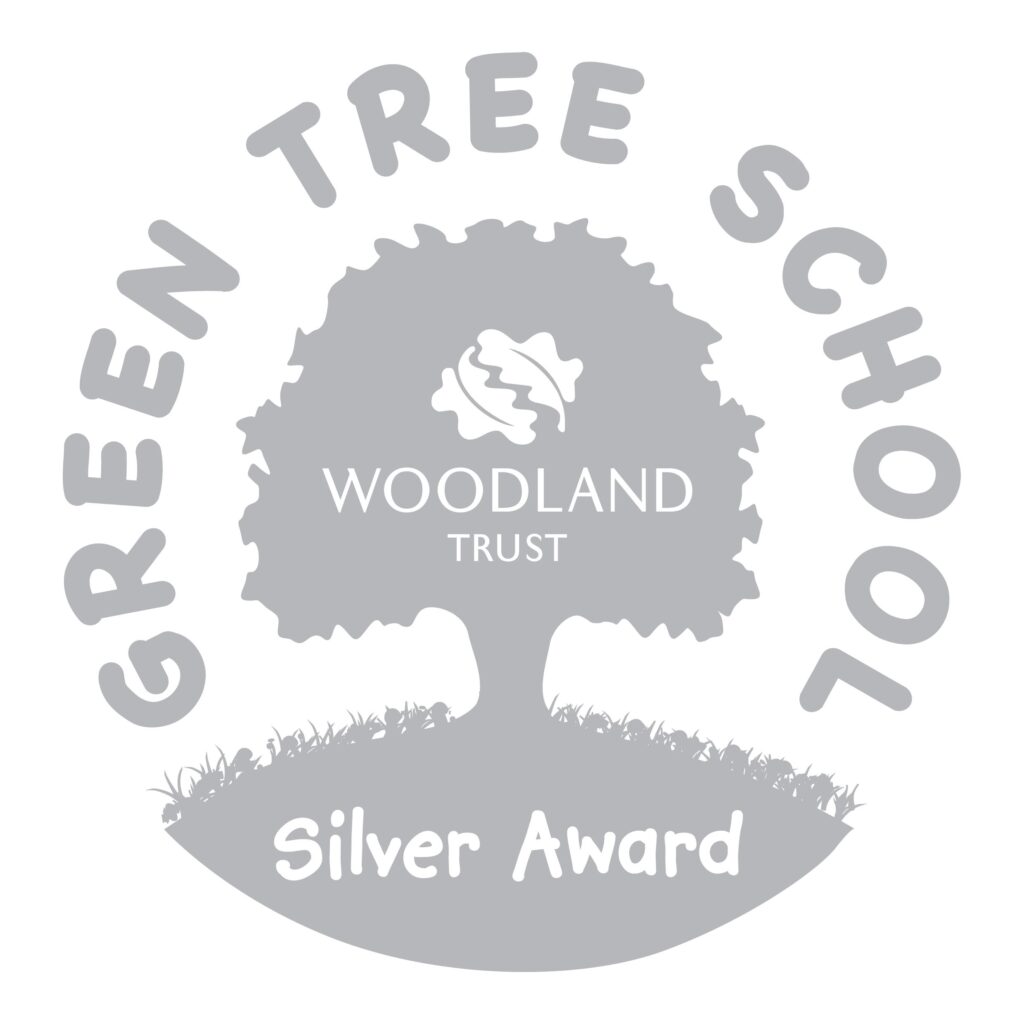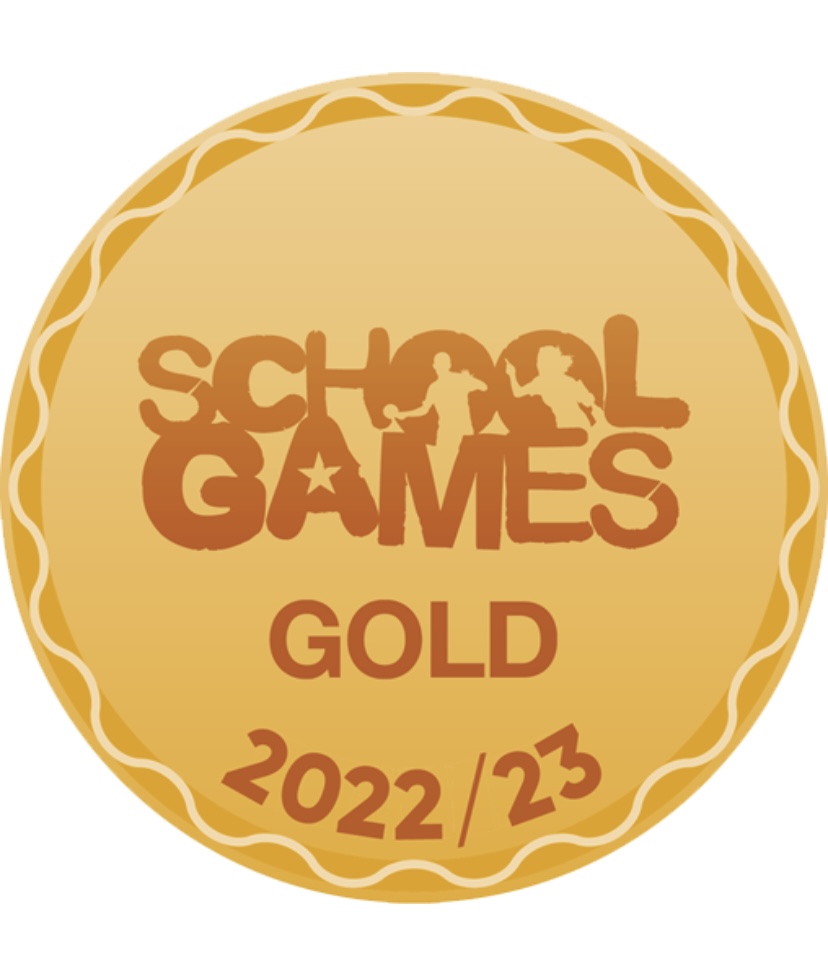
Intent
At Raddlebarn, through Physical Education we aim to develop children’s skills to be able to take part in a range of sports and everyday activities, lead healthy lifestyles which continue into adulthood, encourage children to be physically active for sustained periods of time and to engage in competitive sports and activities in and out of school.
Through our Physical Education curriculum we aim to ensure that children are able to master basic movements such as running, jumping, throwing and catching and use these skills within a range of games and sports, both in isolation and combination. We want all children, regardless of ability, to experience a wide variety of sports and physical skills which will enhance life-long fitness, positive mental health and life choices. Our Physical Education curriculum will encourage all children to participate, succeed and excel, in competitive and non-competitive sport and physical activities, and give the children the skills they need to lead full and active lives.
Implementation
Physical Education at Raddlebarn is taught by qualified teachers alongside outside agencies (for example with practitioners from local theatre companies) which support the delivery of lessons. We teach the National Curriculum, supported by a clear skills and knowledge progression. This ensures that skills and knowledge are built on year by year and sequenced appropriately to maximise learning for all children. Lessons at Raddlebarn provide our children with opportunities to become active in ways which promote leading a healthy, active, lifestyle that lasts beyond their school years.
Throughout their school life, children receive a range of dance, gymnastic and games lessons which year on year will develop their skills in order for them to be active, skilful and creative individuals. We promote children’s natural talents through PE lessons which challenge their skill level but also develop their resilience in times of defeat.
The PE curriculum is wide and varied and introduces children to a wide range of sports that they may not normally come across (e.g. Lacrosse, badminton) and other sports such as tag rugby which they can then participate in the local community through links with local sports clubs.
In key stage 2, children will receive swimming instruction in order to learn to swim a distance of at least 25 metres using a variety of different strokes and perform safe self-rescue. Children will also develop balance, agility, co-ordination, flexibility, strength and technique through dance and gymnastics and put these newly acquired skills into practice through a variety of routines and sequences.
We inspire children to instinctively utilise the skills and knowledge acquired during PE lessons, encouraging them to take responsibility for their own health and fitness thus developing a love of sport, leading to a happy and healthy life.
Impact
Through Physical Education at Raddlebarn children are physically healthy and demonstrate a range of skills which they are then able to apply to a variety of games, dance routines and gymnastic sequences. By providing opportunities to compete in sport and physical activities our children build character and develop personal traits such as resilience and fairness.
From EYFS where children begin to develop their control and co-ordination to Year 6 where they have full control over their body and movements, children are appropriately challenged and their skills are consistently built on, which results in children who are engaged and excited by their earning. When asked about PE lessons and what children enjoyed about PE, responses included,‘I like getting fit and healthy and my body is doing exercise’ – Year 1 child.
Children are motivated through their learning to lead active and physically healthy lives. They are eager to attend after school clubs and competitive sports events and even the least confident children are keen to attend. Reflecting on competitive sports taught in PE lessons, one child said, ‘I especially like it when we in teams and we’ve got Dragons, Phoenix, Unicorns and Griffins and their rivalry between the teams’ – Year 5 child.
By the end of Year 6, the majority of children are able to swim 25 metres and perform a range of water safety tasks.
Through our affiliations with a range of local sports clubs and companies such as Warwickshire cricket club and the REP theatre, we are able to supplement the lessons taught with support from professionals in their field. This results in lessons which are well matched to the outcomes of the National curriculum but are supplemented in delivery by professionals in their discipline. These affiliations also present other opportunities such as performance to a wider audience such as performing at the Hippodrome theatre in Birmingham,‘ When we did Bollywood dancing in year 5 and we got to perform at the hippodrome that was really good. I like it when we have a routine to learn’ – Year 6 child reflecting on dance opportunities.
In addition, we place high importance on the mental health benefits of Physical Education and recognise how being physically active can impact on a child’s mental well-being. We can see that Physical Education at Raddlebarn provides children and young people with the opportunity to express themselves physically, challenge themselves and others, experience different environments and activities, work together, and release energy which helps de-stress and lowers anxiety levels.
By creating a positive environment in which children are able to experiment with movement, find a love of being physically active and by putting an emphasis on the importance of PE, we are supporting and helping improve the health and well-being of our children and young people not only now but into the future.
Key Concepts
The key concepts that are taught and revisited in each year group in P.E are:
| Movement | Movement is integral to the well-being of self, others, and society. Learning in, through and about movement enables students to gain understanding that movement can be part of how people express themselves physically, emotionally, socially, and spiritually. They directly experience how movement contributes to people’s pleasure and enhances their lives.
Participating in movement allows young people to feel confident and competent enough to choose to be involved in physical activity throughout their lives. |
| Understanding the body | Learning and applying bio-physical knowledge (anatomy, bio-mechanics, exercise physiology, sports psychology, and nutritional principles) and skills enables students to understand how our bodies move in new contexts and different environments. They develop both bio-physical and socio-cultural knowledge (the social and cultural contexts in which movement takes place) and learn how to think critically about the place of the body in society. Furthermore, it will allow students to learn to handle high stress situations through relaxation and mental wellbeing. |
| Personal challenge | By actively participating in contexts that involve challenge, students extend and test their spiritual, physical, mental, and emotional limits, both individually and as part of a group. |
| Team work and leadership | Leadership, teamwork, and interpersonal skills are developed when students are engaged in movement contexts. Students develop leadership knowledge and understanding about how to balance rights, roles, and responsibilities in group situations. |
Supporting Documents:




